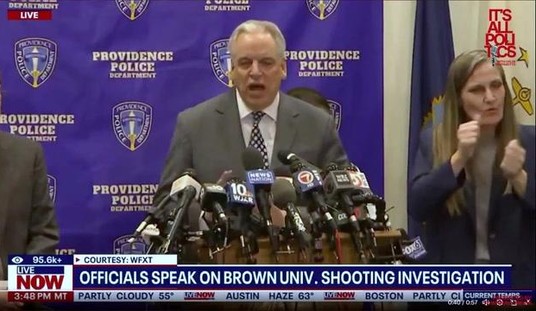Venezuelan President Hugo Chavez took a chance by asking his people to do away with term limits, giving him license to be their president indefinitely. He won his gamble on Sunday in a 54% – 46% vote.
The victory is worrisome — even more so, the reasons why this vote took place at all.
In 2007, the country rejected an extensive constitutional reform proposal that included eliminating term limits for Chavez, in what represented his first real setback since he came to power in 1998 (with the exception of his brief ousting in 2002).
Following this, Chavez focused all his energies on winning the regional elections of November 2008. He did win them. In his effort to gain a popular majority Chavez did not spare any expense to fuel his populist support, going as far as distributing free washers and refrigerators to his supporters.
Having regained his political balance Chavez boldly moved a week after the November vote, asking for a constitutional amendment to remove term limits.
With initial polling numbers problematic, Chavez was forced to abandon his former position of rejecting removal of term limits for all offices but his. The vote demonstrated that this strategy apparently worked — as did Chavez’s other unpleasant tactics.
The January-February campaign was the most violent Venezuela had seen since Chavez was first elected. The student movement who opposed him was repressed. Chavez went as far as demanding that police “throw tear gas, and of the strong kind” at any student demonstration.
Chavez also used naked blackmail, threatening the country with civil disorder if he was ever forced to relinquish the presidency.
In past months, we Venezuelans have been subjected to the most brutal and heavy-handed campaign we have ever endured in our democratic history, as the government threw all the power of the state behind Chavez, with open political activity in most public buildings. Public employees were required to donate one day’s paycheck to the campaign and attend a variety of political activities during working hours.
The opposition did its best to fight government dominance, but it was essentially penniless following the regional election of 2008. It was also vastly outspent.
As I have chronicled in my blog, Venezuelan citizens knew exactly the style of government they were going to validate with their vote today. Thus, the country has accepted Chavez’s blackmail, threats, and bribery. History tells us that when elections are won on such principles the end result is never good.
Which leaves us to ask: what’s next for Venezuela? There is reason for fear.
Chavez already controls all branches of power in the state, including a docile judiciary that only produces decisions that favor his policies or politics.
With this latest victory his narcissistic personality will believe that the country has definitively embraced him. And he might be right. The immediate consequences of the vote means the ongoing sabotage of the elected mayors and governors belonging to the opposition will continue apace, following a law several months ago that permits Chavez to assign his own personnel to take over the functions of elected local officials.
Freedom of expression will also continue to face danger as the most recent campaign included not-so-veiled threats against broadcast media outlets and newspapers that did not toe the line.
On the economic front, Chavez will feel freer to accelerate the takeover of the private sector and adopt other measures that will damage irreparably Venezuela’s economy even as the world financial crisis impacts the country.
Economics was the reason Chavez rushed the vote in the way he did. He knows that in a few months, as his revenues are halved, a disenchanted electorate would not have given him the unlimited power of reelection he wanted.
Now he has four years to obtain complete control of all the country, apply the necessary measures to conceal economic reality, and reach the 2012 vote with an utterly weakened opposition unable to mount a challenge, gutted as it will be of all resources. Centralization is now the code word for chavismo.
There remains the slim chance that even with free rein over the country, Chavez will be unable to fulfill the unreasonable expectations that he has been promoting the last few months and the time of reckoning might come sooner than later.









Join the conversation as a VIP Member